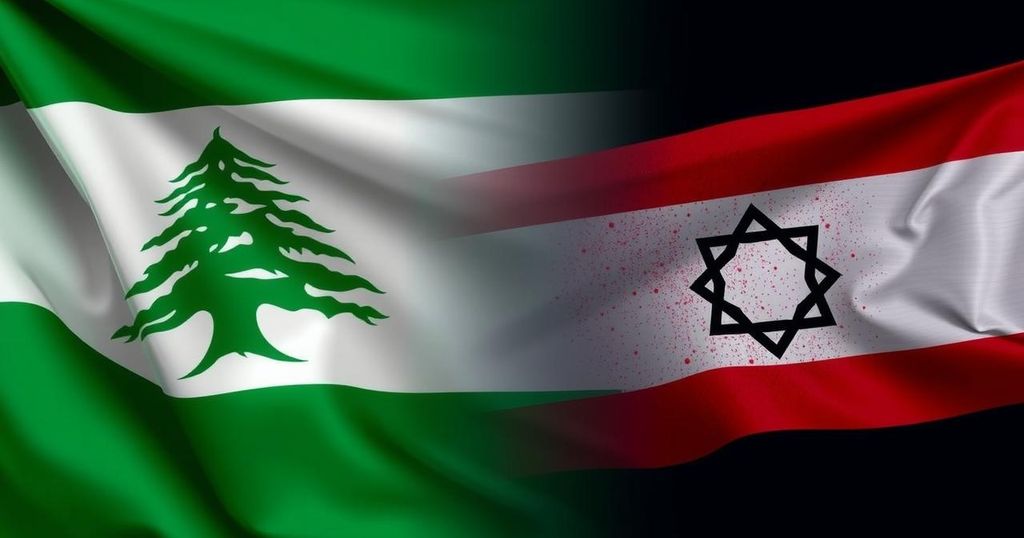Potential Normalization Between Lebanon and Israel Dependent on Saudi Deal, Says Israeli FM
Israeli Foreign Minister Israel Katz stated that Lebanon might normalize relations with Israel if a deal is established between Israel and Saudi Arabia. He mentioned the stalled negotiations between the US, Israel, and Saudi Arabia, largely affected by the ongoing Gaza war and the issue of Palestinian statehood. Katz also stressed the need for reforming UNIFIL’s role to combat Hezbollah effectively in the context of the ongoing conflict between Israel and Hezbollah.
Israel’s Foreign Minister, Israel Katz, has stated that Lebanon could potentially normalize relations with Israel if a deal is made between Tel Aviv and Saudi Arabia. Katz made these remarks during a meeting with Italy’s Foreign Minister, Antonio Tiani. He highlighted that Lebanon might participate in the normalization process with Israel contingent upon Saudi Arabia’s agreement. However, Katz did not clarify the mechanisms through which this could occur. Lebanon has historically refused to recognize Israel and remains technically at war with the country. Ongoing negotiations mediated by the United States between Israel and Saudi Arabia have stalled since the outbreak of the Gaza war last year. A central point of contention remains Saudi Arabia’s demands for the establishment of a Palestinian state, which Israel’s current far-right government opposes. Tiani, the Italian Foreign Minister, remarked that “Italy will not recognize the Palestinian state without an agreement with Israel,” suggesting that recognition is meaningless while Hamas, deemed a terrorist organization, occupies a significant role in Palestinian governance. Furthermore, Minister Katz emphasized the necessity of reforming the role of the United Nations peacekeeping force in southern Lebanon as part of any future arrangements. He stressed that UNIFIL should become more effective in addressing threats posed by Hezbollah amidst the ongoing conflict, which has severely escalated in the last month. Despite Israel targeting Hezbollah, including attacks on UNIFIL peacekeepers, Katz expressed a desire for the force to adapt its operations to better stabilize Lebanon. A proposed ceasefire agreement is set to involve amendments to UN Resolution 1701, aiming to enhance UNIFIL’s capabilities, which has raised concerns about Lebanon’s national sovereignty.
The relationship between Israel and Lebanon has been fraught with tension and conflict for decades, primarily due to historical wars and territorial disputes. Lebanon does not officially recognize Israel, and the two states are still technically at a state of war. To this day, negotiations regarding normalization of ties have been complicated by regional dynamics, particularly the influence of Saudi Arabia in the Arab world and its interactions with the Palestinian question. Recently, discussions have been ongoing about normalizing relations between Israel and Saudi Arabia, which representatives from both nations believe could alter the landscape of Middle Eastern diplomacy and potentially lead to Lebanon reconsidering its position regarding Israel. Moreover, the role of international peacekeeping forces, such as UNIFIL, in stabilizing the region continues to be a critical topic of discussion amid rising hostilities.
In conclusion, the potential for Lebanon to recognize Israel hinges largely on advancements in Israeli-Saudi relations. Despite the challenges posed by the Palestinian issue and ongoing hostilities, there is a possibility for Lebanon to engage in normalization under specific circumstances. Additionally, the restructuring of peacekeeping forces in Lebanon is seen as essential for mitigating conflict and enhancing stability. The developments in these matters are being closely monitored by the international community, which seeks to foster peace in this volatile region.
Original Source: www.newarab.com




Post Comment